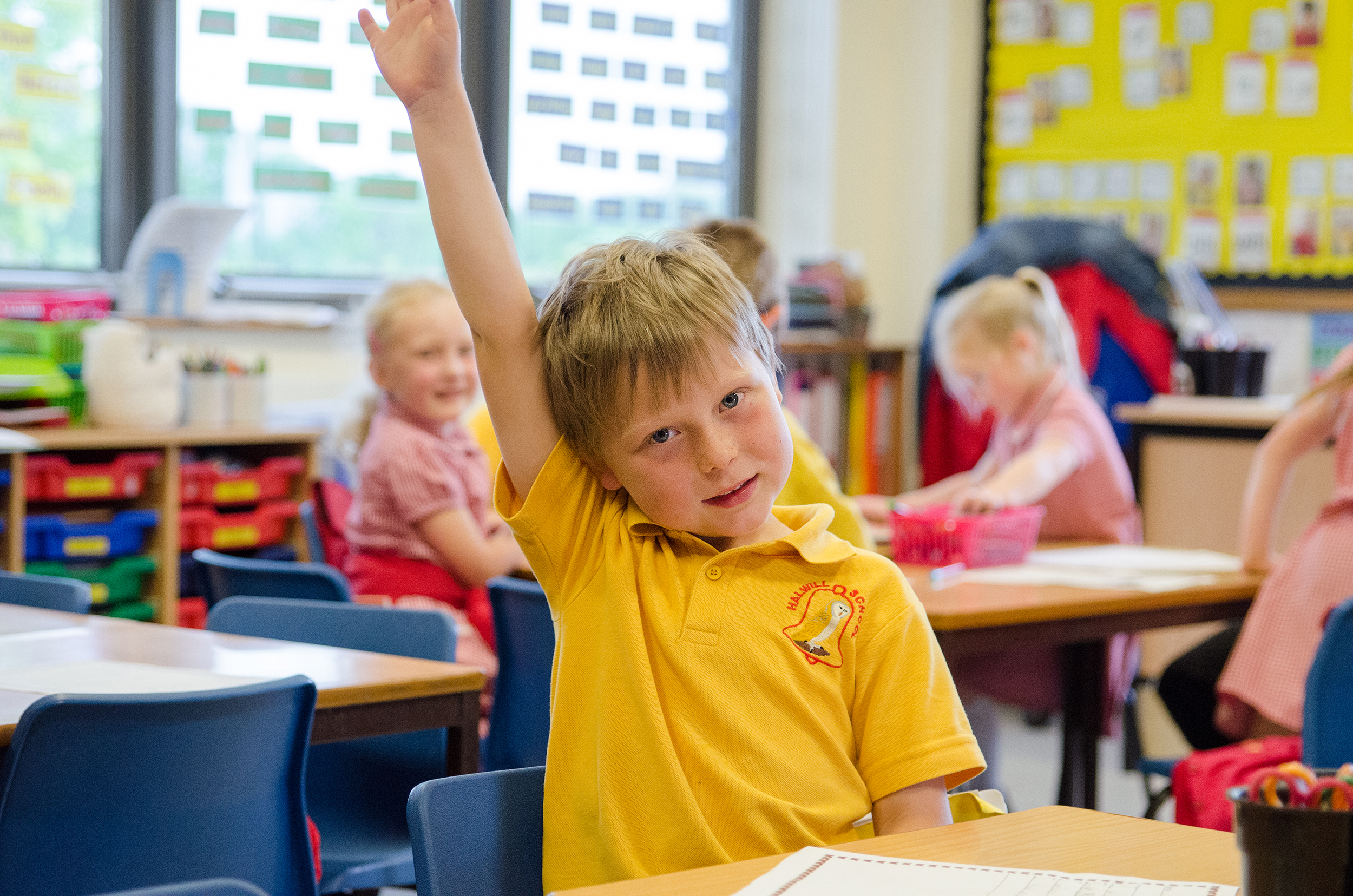
We implement the curriculum through carefully planned sequences which enable children to learn new skills and knowledge , whilst consolidating previous learning. Mapping what is taught in each year group, allows teachers to plan for progression.
Our curriculum for history ensures that all pupils gain a high quality history curriculum which will help pupils gain a coherent knowledge and understanding of Britain’s past and that of the wider world.
History curriculum progression
The Carey Federation ensures that we teach a number of key stage age-related history topics throughout the course of each year, what is taught is carefully mapped out on a long term rolling programme so that we have enough in coverage, content and balance of knowledge throughout both the primary key stages 1 and 2, The high quality learning will be planned carefully so that it is suited to the age and inclusive to all, and taught using a variety of learning styles. History contexts sometimes will fit more easily in literacy, maths or art or other cross curriculum links.
Spoken Language
We believe that children will have opportunities to use their voice effectively and use it with purpose and confidence. We will encourage and integrate a cumulative higher level of vocabulary within the history subjects over the consecutive terms; the language and terminology will continuously be embedded through their spoken language and should be reflected in their written presentations or outcomes.
Promoting the school motto and The Carey Qualities
The children will be encouraged to ‘Aim High’ through research investigations which stimulate and motivate them. They will learn to ‘Be Resilient’ and take on more complex challenges, as well as that, they will learn to foster a sense of curiosity and awe in some of the things that have happened in the past. ‘Resourceful’ children will find and notice things and compare and contrast their ideas. Overall, they will be learning British Values and be taught to ‘Be Respectful’ of each other and all people and cultures, this will certainly be an integral part of history learning.